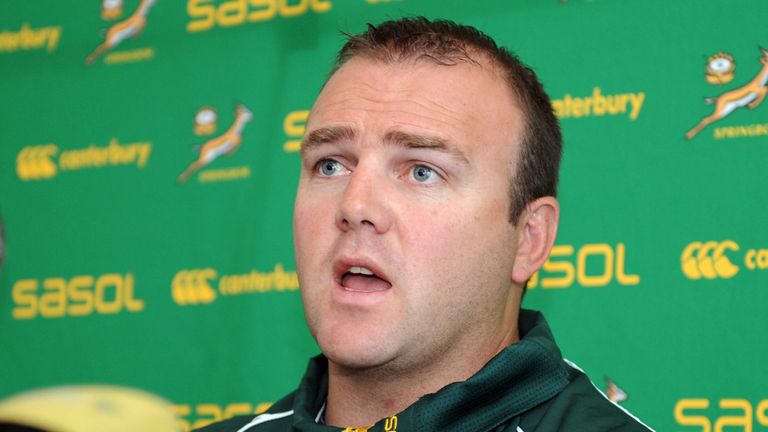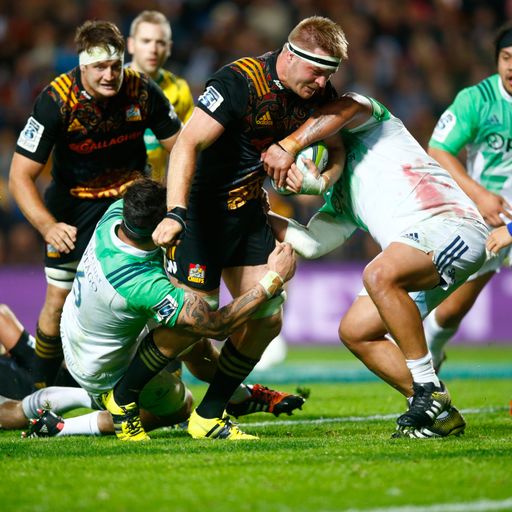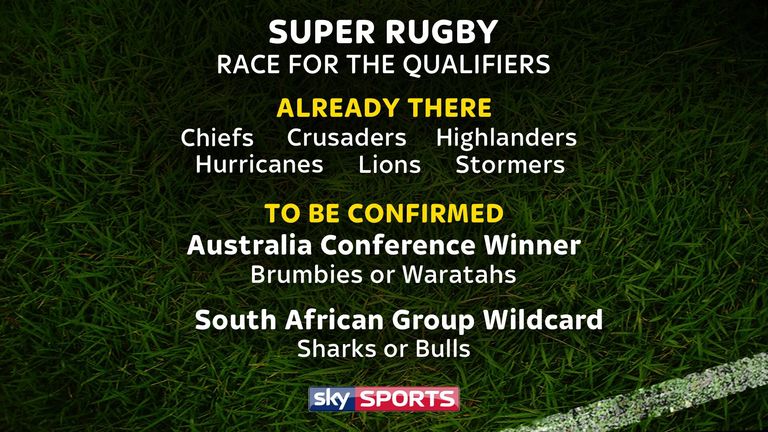SANZAAR defends finals format after New Zealand complaints
Thursday 14 July 2016 12:11, UK
Super Rugby organisers have defended the tournament's finals format after complaints that in-form New Zealand sides were receiving a raw deal.
New Zealand teams occupy four of the top five spots on the ladder going into the final round of regular season fixtures and three of them would expect to host quarter-finals.
But Super Rugby's complicated system guarantees each of the four conference winners a home finals berth, meaning only one Kiwi team will have home advantage in the last-eight.
The other three will have to travel overseas to sides which they have outperformed during the season.
SANZAAR chief executive Andy Marinos rejected any criticism, saying New Zealand teams were receiving "due reward" for their exceptional form by receiving four of the eight play-off berths, regardless of venue.
"SANZAAR stands by the existing qualification process," said Marinos in a statement.
"A tournament's qualification criteria cannot be determined on one year's results in isolation."
Even New Zealand Rugby boss Steve Tew, who signed off on the format for an expanded 18-team competition this year, has branded the system "unfair".
Tew admitted the system was not ideal but said it was driven by the need to have finals in the sprawling competition's main television markets - South Africa, Australia and New Zealand.
"At the end of the day, it's not as complicated as it sounds but frankly it's just not fair, that's the problem we've got," he told Radio Sport.
"But there needed to be a final in every TV market or else the value we would have got for our content was seriously reduced."
Super Rugby introduced teams from Argentina and Japan this year, making it an 18-team competition that straddles 16 time zones and four continents.
But critics have complained of the lacklustre standard of games, lopsided contests, exhausting travel schedules and a fragmented conference system watched by smaller crowds.






